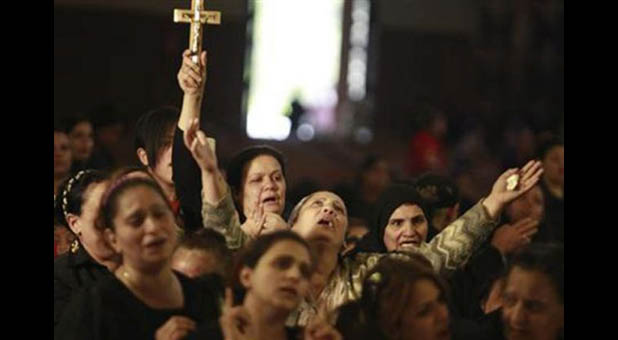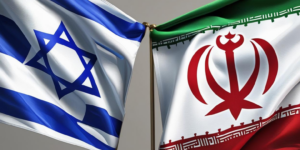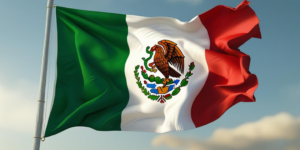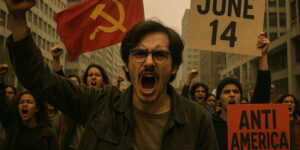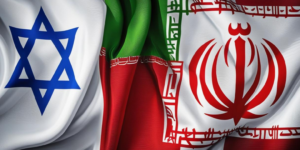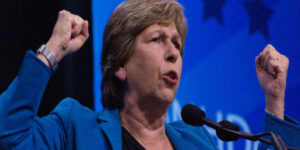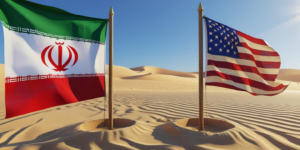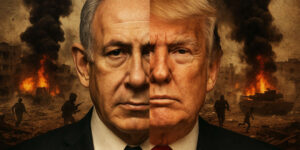Persecuted Christians Need ‘The West’ to Be ‘The West’ Again
Images of persecuted Christians have not inflicted less emotional pain for the fact that they have become altogether too commonplace. Their fellow believers, and benevolent people of all backgrounds, have asked what they can do about it. A new book delves deeply into the topic before coming to a surprising conclusion: The first step to aiding the tortured body of Christ is for the West to recommit itself to, and to reassert, Western values.
The Persecution and Genocide of Christians in the Middle East: Prevention, Prohibition and Prosecution, edited by Ronald Rychlak and Jane Adolphe, features 13 experts shining a light on different aspects of modern-day, violent religious suppression. While a new book review for Religion & Liberty Transatlantic, written by Stephen Herreid, focuses on the besieged church of the Middle East, the book itself offers a kaleidoscopic view of anti-Christian repression throughout history and geography.
At times, it seems that the methods used to extinguish Christianity are as diverse as the Christian church herself.
Herreid, who has written extensively on the plight of persecuted Christians for publications including The Stream, notes that numerous contributors to this book trace the origins of Islamist fundamentalist persecution back well before the formation of the Islamic State’s “new caliphate” in 2014:
ISIS is not a well-contained, singular threat, but rather one front in a global movement. [Contributor Robert A. Destro] recommends a comprehensive analysis of what he terms the “malevolent threat matrix”—the global, ideologically coherent system of support that connects the dots linking criminal terrorism across the Atlantic and the Mediterranean—from Mosul, to Paris, to Miami.
And back again.
Perhaps the most chilling aspect of Herreid’s review is the clear implication that Islamist violence, alien to U.S. soil within living memory, will become as American as apple pie—or as German as bratwurst:
Using his malevolent threat matrix, the U.S. would be able to identify a wide support network for Salafi-Jihadi terrorism that includes material supporters—including donors, bankers and nations like Turkey and Saudi Arabia—and logistical supporters such as the recruiters. Those who radicalize Muslims into violent fundamentalism often do so under the guise of prison chaplaincies, madrassas (Muslim schools) and mosques, not only in the Middle East, but in Western Europe and the United States.
At minimum, a philosophical clash is about to break out between adherents of that extremist worldview and the Western, liberal tradition. Readers should welcome that contest, Herreid writes, because the West has all the intellectual tools necessary to prevail. From the Judeo-Christian moral framework, to the ancient philosophical respect for the nous or intellect, to the uniform application of the law to people of all faiths—or no faith—the Western patrimony is one that is as cogent philosophically as it is humanitarian and compassionate. Its insights illumined even secular notions of human rights, from Thomas Paine to the United Nations Declaration of Human Rights.
One of the essayists, Geoffrey Strickland, notes the absurdity that ensues by transposing the teachings of radical Islamist textbooks into the mouth of Pope Francis. The resultant cognitive dissonance is because of the unique contributions of Western civilization:
It is heartening that the suggestion of a pope denigrating Muslims is, as Strickland puts it, “absurd” to Western Christians. Yet it only sounds absurd against the backdrop of a highly sophisticated civilization with Judeo-Christian respect for human dignity at its heart …
Christians should be valued for their own human worth, as well as their incalculable contribution to modern concepts like religious liberty and tolerance. The West applies legal precepts equally to members of all religions. Freedom of conscience and the inviolable dignity of the individual stand at the heart of 2,000 years of Western intellectual, moral and philosophical development.
This book, Herreid writes, is a clarion call for the West to return to the cisterns that long nourished it, drink deeply and then live out the life that those waters impart:
The great question before the people of the West is whether we have the strength and wisdom to continue on—or return to—that path. The survival of the church in the Middle East may very well depend upon it.
You can read the fully essay here. {eoa}
Rev. Ben Johnson is senior editor at the Acton Institute.
This article was originally published at Acton.org. Used with permission.



